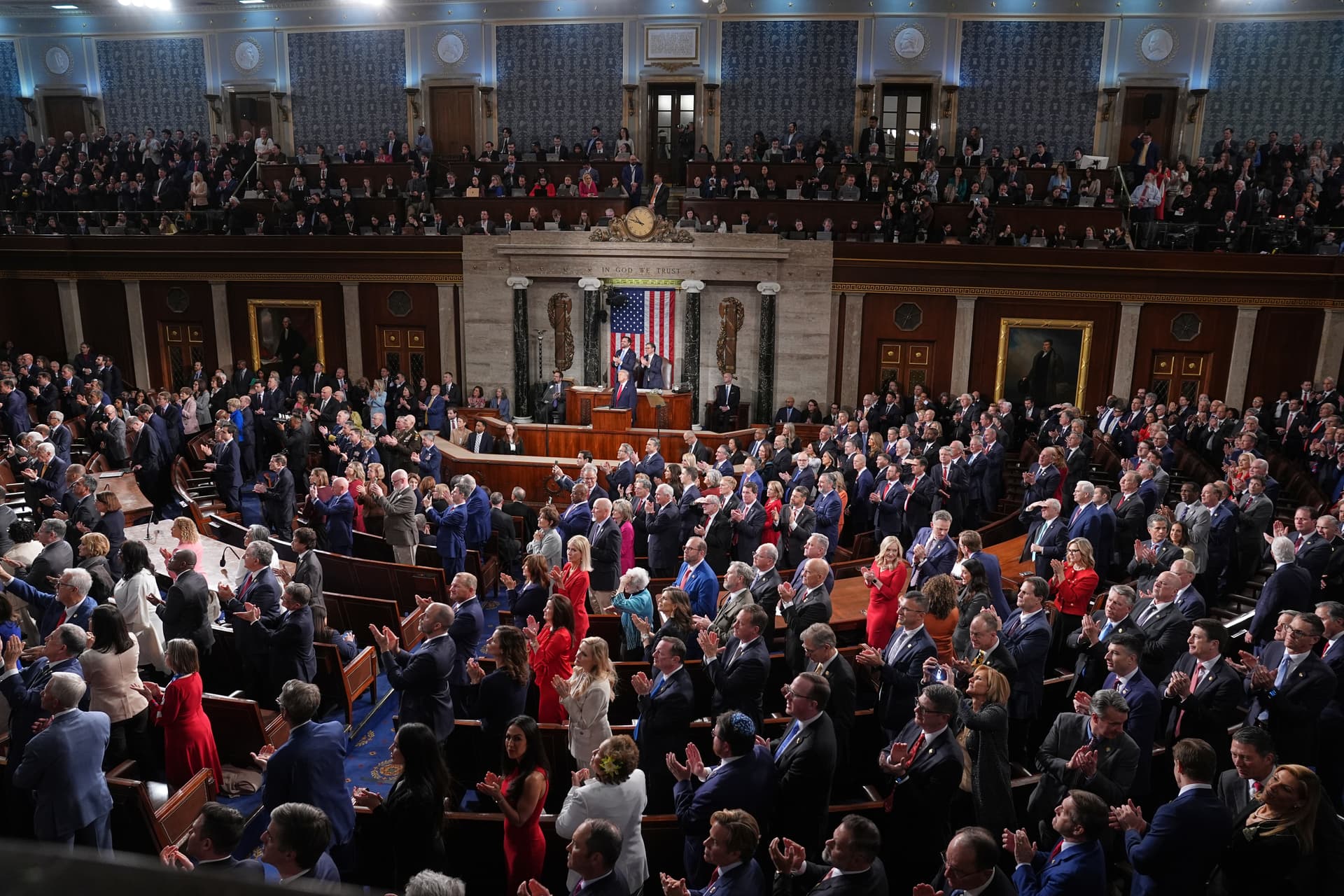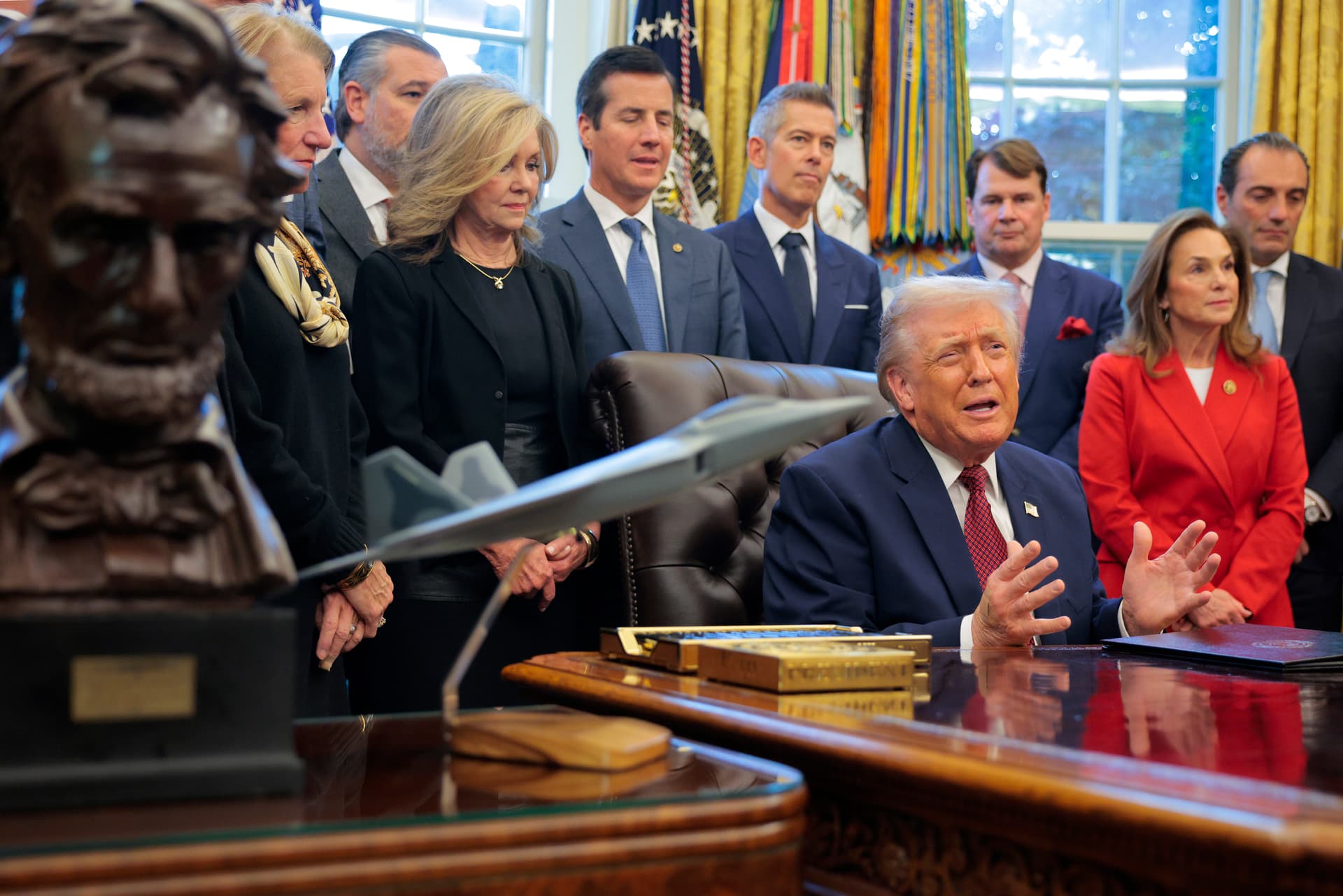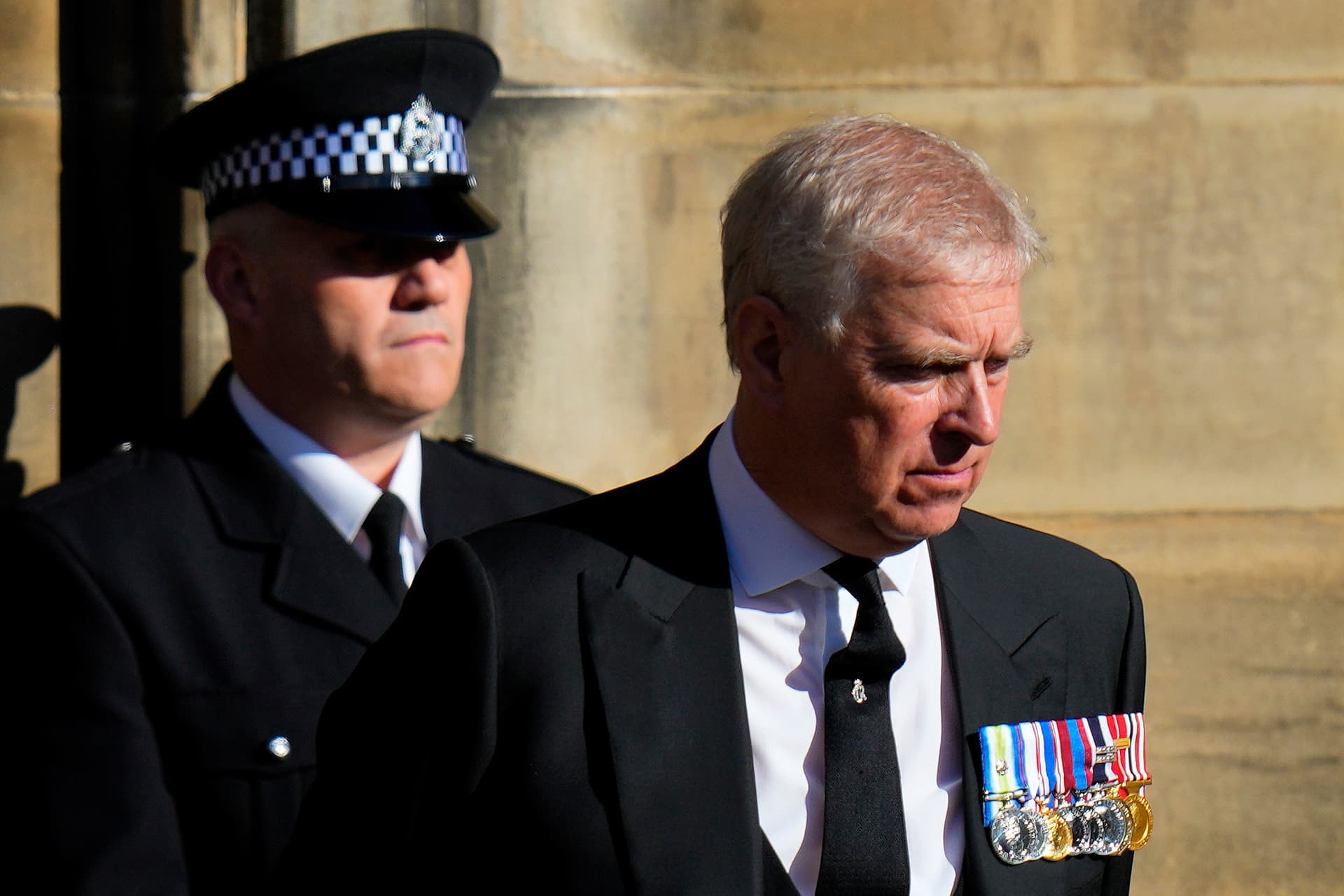
Trump’s SOTU Unleashes America’s Golden Age of Growth
By LAWRENCE KUDLOW
|While one analyst tells the Sun it’s ‘way too early to call it a crisis,’ he says there is ‘cause for concern,’ noting that there ‘doesn’t seem to be a lot of coordination” between Washington and Jerusalem.

Already have a subscription? Sign in to continue reading

By LAWRENCE KUDLOW
|
By STEPHEN MOORE
|
$0.01/day for 60 days
Cancel anytime
By continuing you agree to our Privacy Policy and Terms of Service.
By A.R. HOFFMAN